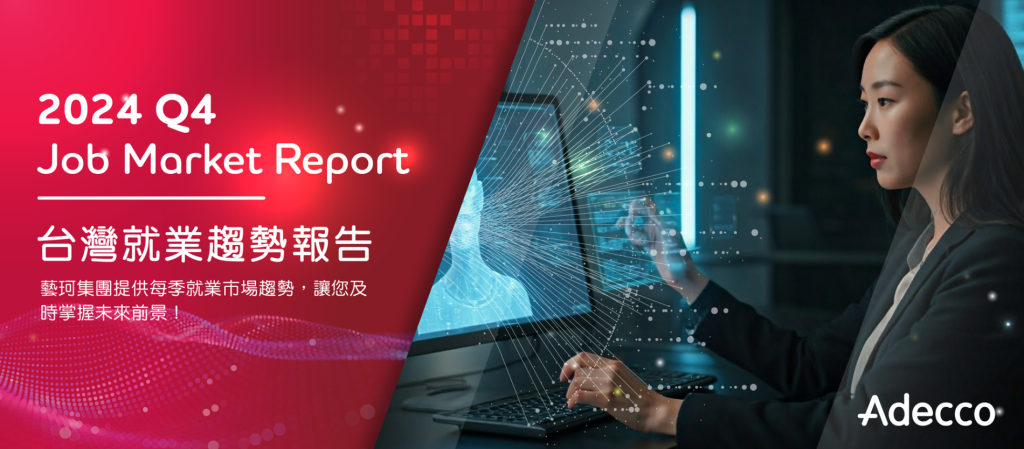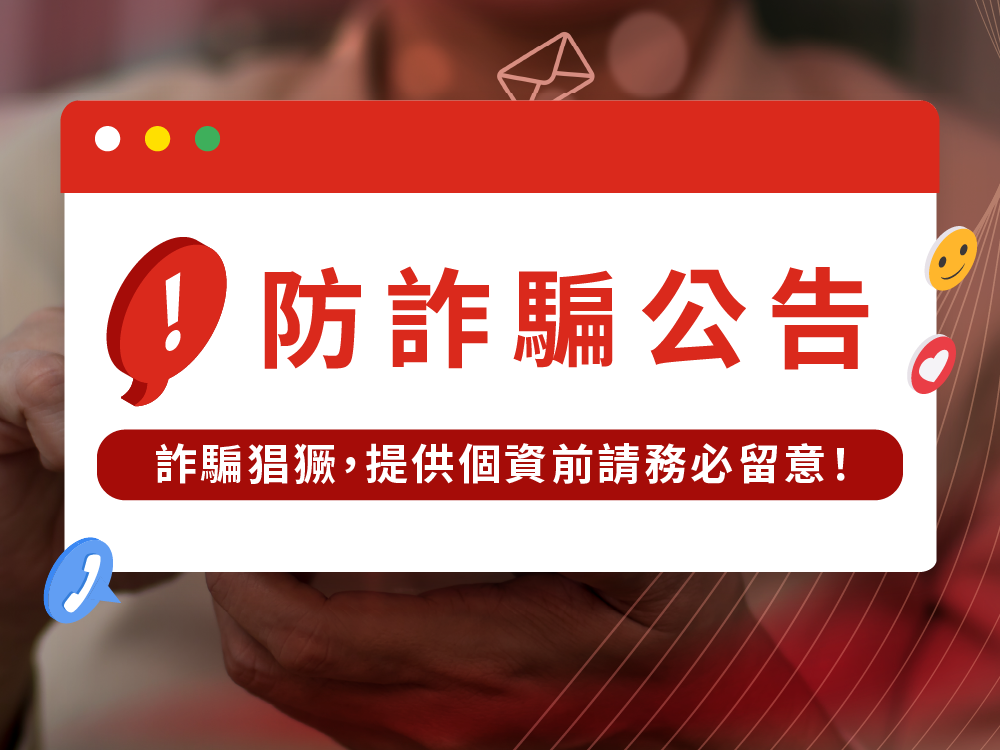World Economic Forum
World Economic Forum on East Asia 2013
Fair Labour Is Smart Business
Insights written by Ian Grundy, Head, Public Affairs, Asia – Adecco Group
“Fair Labour Practices – Part of the problem or part of the solution?”
The living and working conditions of people in unfair labour situations in Asia are clearly a great challenge – whether this concerns working conditions that are unhealthy or dangerous or where workers have been trafficked. All facets of society have a role to play in the journey to eradicate unfair labour practices.
Every country and government knows how important it is to create job opportunities – but we also know that low unemployment does not correlate with low levels of poverty. Various countries in Asia have very low levels of unemployment but struggle with significant numbers of their population living in poverty. Free movement of labour and the possibility to live and work overseas are also something that society encourages. However, although some migrating workers can improve their personal living standards and support family members back home, others are exploited as cheap labour. Business, government, associations and NGO’s all have a role to play in supporting the development of fair labour practices in Asia, but at this session I was reminded of the crucial involvement that businesses have in this area. Often businesses know that they are connected in some way with unfair labour practices – but do nothing about it, either because of the extent of the problem or of the cost impact that it could have on the sales of products.

Businesses need to verify their supply chains at all time – and to delve deep, to understand how labour was used at every step of a supply, production or manufacturing process. They need to continually monitor and audit suppliers. Businesses can be “part of the problem or part of the solution” – and they need to make a clear decision as to which they choose. A Corporate Social Responsibility strategy is needed by every organization, but it's the implementation, execution and continual monitoring of the strategy that is vital in supporting the eradication of unfair labour practices.
Finally, in this session, the role of the consumer in avoiding involvement with the criminal labour economy was reinforced. We seldom question how food in our supermarkets was farmed or delivered to the retailer – as we trust brands. And we often do not question why a product may be significantly cheaper than a competitor’s identical products. With the web, and activity on forums and discussions groups, as well as information about actions taken against companies supporting unfair labour practices, consumers often have the required information at their fingertips to make informed decisions about who they buy from. We all have a part to play in the creation of fair labour practices in Asia.
World Economic Forum East Asia 2013:
Adecco Participation
Nay Pyi Taw, Myanmar, 6-7 June 2013











